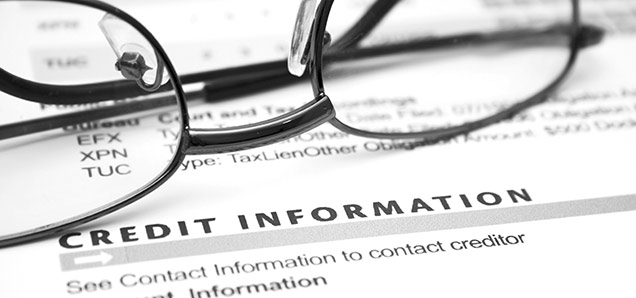Give me some credit, please
 CREDIT: ALEXSKOPJE/THINKSTOCK
CREDIT: ALEXSKOPJE/THINKSTOCKWhat is credit? Here are a few quick facts on credit and how to build a good score.
Ah, the magical world of credit, where you have seemingly limitless amounts of money. That’s not quite the case. Credit is a huge building block for your future. Unfortunately, a lot of students are not properly educated on the topic and destroy their credit while in college simply by doing – or not doing – certain things. Here is a quick breakdown about credit.
What is credit?
Well the dictionary definition is simply that you are able to purchase something with borrowed money and then pay it back. Credit is a lot more than that though. Your student loans and/or student line of credit, your car loan or your future mortgage are all examples of credit. The credit bureaux – Equifax and Transunion – take the information that is reported on you, such as bill payments, and determine a three-digit score for every person. This is your credit score and it holds a lot of power as to what you are able to do in your life.
How do I build my credit?
You are probably building your credit already and just don’t know it. If you have a cell phone, gym membership or any other bill that you pay regularly you are building your credit. Another way that you can improve your credit score is to get a credit card. You need to use the card and then pay off your monthly bill when it comes in. You will not build credit if you have a credit card but never use it. If you are not approved for a credit card you can apply for a secured card, which is when you give the bank a deposit for the amount of your credit limit, or you can ask one of your parents to add you as an authorized user on one of their cards. It will link your credit with theirs and raise it accordingly. However, if you do that you need to be aware that if you do not pay your portion of the bill on time it will not only lower your score but theirs as well.
I have credit, now how do I keep it?
The first thing is to pay your bills on time. These get reported monthly to the credit bureaux and the information from them makes up 35 per cent of your credit score. If you are paying your bills consistently then you don’t have to worry about them going into collections. If, however, you aren’t then you should be concerned about your score. Having a collection agency show on your credit report lowers your score significantly. Make sure that you are only using a maximum of 30 per cent of your available credit. For example, if you have a credit card with a limit of $1,000 you should try to never spend more than $300 on that card. How much credit you use is something that the credit bureaux take into account when determining your score.
As you can see, your credit is an important part of your life, and it is never too early to start working on it. If you are not sure where you stand currently, you can request a free credit report from Equifax or Transunion – it will not include your credit score – or you can pay for a report, which includes your score, at either of the websites.













